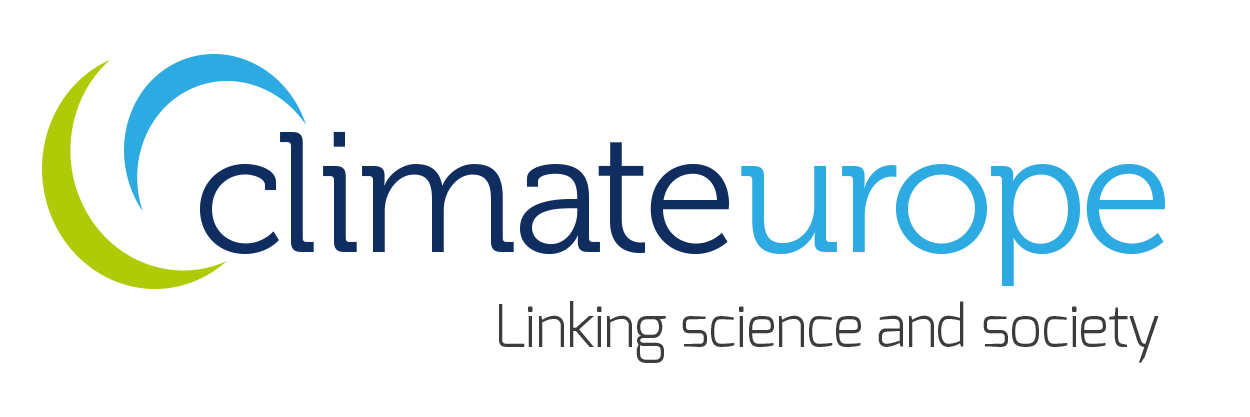Portugal
Climate change is considered by many to be the challenge of the 21st century. The urgency and severity of this challenge call for integrated ways of looking at responses to reduce the risks associated with environmental and social stressors, and ensure a secure future for humans and ecosystems. Adapting to climate change requires a coordinated and synergistic approach from a diverse range of actors across sectors, as well as questioning assumptions about the drivers of risk, vulnerability and environmental change.
A cooperative approach allows us to improve learning and knowledge exchange in order to deliver optimal solutions. Interaction and collaboration with the disaster risk reduction (DRR) community is a critical element in improving climate change adaptation (CCA), as the communities share similar goals and activities. Bringing the two groups together is particularly important in relation to the goals and targets of the three major international agreements: Paris, Sendai Framework for DRR and the Sustainable Development Goals.
The 4th ECCA builds on past conferences that took place in Hamburg (2013), Copenhagen (2015) and Glasgow (2017), and aims to:
- Provide a space that facilitates a dialogue among a diverse range of actors from academia, government, business and community on the multiple aspects of climate change adaptation
- Promote the communication and knowledge exchange between researchers, policymakers and practitioners
- Find integrated solutions and inspire action
- Support ongoing efforts to enhance the coherence and synergy between CCA and DRR research, policy and practice
- Discuss key challenges and solutions in cities
- Provide a stage for presenting European’s excellence on Research & Innovation for CCA
- Inform the next European funding framework for Research & Innovation
The biennial European Climate Change Adaptation conference is convened by EU-funded projects on behalf of the European Commission.
